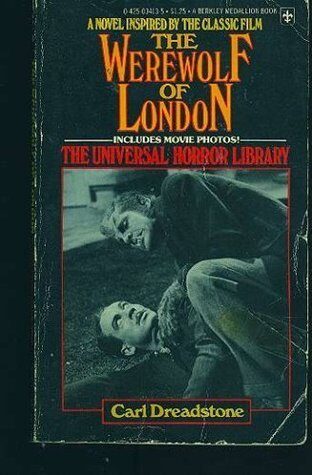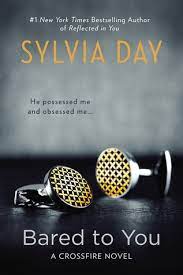
Fans of classic horror might be surprised to learn there’s a novel adaptation of the iconic 1935 film “The Werewolf of London.” Penned by Carl Dreadstone (a pseudonym for screenwriter Walter Harris), the book offers a unique perspective on the familiar werewolf tale.
Unlike the film, which follows a playboy scientist, Dreadstone’s narrative unfolds from the viewpoint of Wilfred Glendon, a distinguished botanist. Driven by scientific curiosity, Glendon ventures to Tibet in search of the rare Mariphasa lupina lumina, a plant said to thrive under moonlight. However, his expedition takes a horrifying turn when he’s attacked by a monstrous creature and sustains a vicious bite.
Glendon escapes with his life and the coveted plant, but the encounter leaves a mark far deeper than physical scars. Back in his London laboratory, Glendon constructs a special lamp to mimic moonlight and nurture the Mariphasa. As the plant blooms under the artificial glow, a chilling transformation begins to take hold of Glendon himself. He succumbs to a primal rage, his body contorting into a monstrous werewolf under the moon’s influence.
Dreadstone’s novel delves deeper into the psychological horror of the transformation. Glendon grapples with the duality of his existence, the monstrous urges warring with his human side. Goodreads reviewers commend the book’s exploration of this internal conflict, praising the way it portrays the descent into lycanthropy as a terrifying loss of control.
One reviewer highlights, “The internal struggle between Glendon the man and Glendon the beast is well-written and keeps you on the edge of your seat.” Another remarks, “This book is a chilling exploration of the human psyche and the primal urges that lurk beneath the surface.”
While the core plot of a botanist becoming a werewolf remains, Dreadstone deviates from the film’s ending. Instead of a climactic showdown with another werewolf, Glendon finds himself drawn to a mysterious figure named Yogami, who seems to share his affliction. Together, they embark on a desperate attempt to control their transformations with the help of a hypnotist.
However, this desperate pact takes a tragic turn, leaving Glendon with a horrifying choice. Reviewers appreciate the originality of this plot twist, with one reader noting, “The ending is a departure from the movie, but it’s a satisfyingly bleak conclusion that stays with you long after you finish reading.”
In Conclusion, If you’re a fan of the classic werewolf myth and enjoy a deeper exploration of the psychological torment that accompanies the transformation, then this novel offers a fresh perspective on a familiar tale. With its focus on internal struggle and a unique ending, Dreadstone’s “The Werewolf of London” provides a chilling read for horror enthusiasts.
Read the Full Novel Here
The Werewolf of London by Carl Dreadstone | Goodreads

